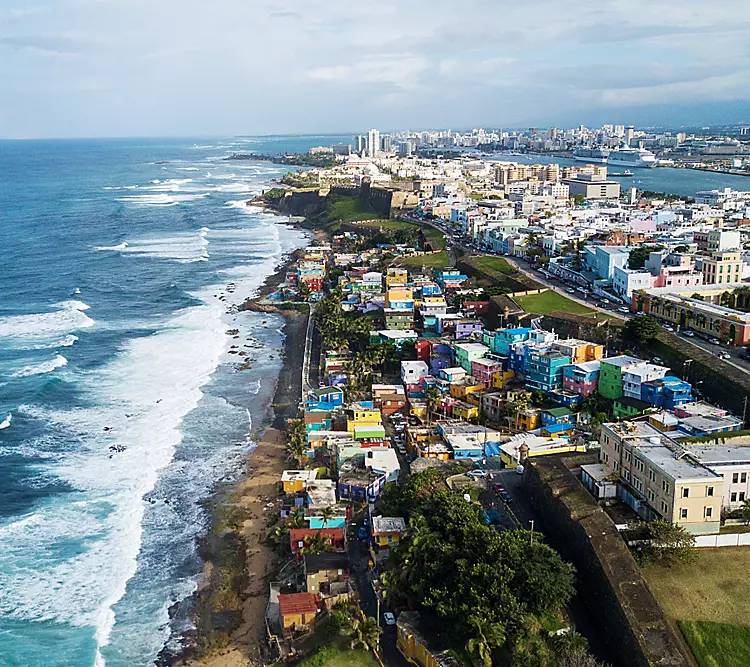Etymology
Puerto Rico is Spanish for "rich port". Puerto Ricans often call the island Borinquén, a derivation of Borikén, its indigenous Taíno name, which means "Land of the Valiant Lord". The terms boricua and borincano derive from Borikén and Borinquen respectively, and are commonly used to identify someone of Puerto Rican heritage. The island is also popularly known in Spanish as la isla del encanto, meaning "the island of enchantment".
Columbus named the island San Juan Bautista, in honor of Saint John the Baptist, while the capital city was named Ciudad de Puerto Rico ("Rich Port City"). Eventually traders and other maritime visitors came to refer to the entire island as Puerto Rico, while San Juan became the name used for the main trading/shipping port and the capital city.
The island's name was changed to Porto Rico by the United States after the Treaty of Paris of 1898. The anglicized name was used by the U.S. government and private enterprises. The name was changed back to Puerto Rico in 1931 by a joint resolution in Congress introduced by Félix Córdova Dávila.
The official name of the entity in Spanish is Estado Libre Asociado de Puerto Rico ("Free Associated State of Puerto Rico"), while its official English name is Commonwealth of Puerto Rico.




Comments
Post a Comment